APAC automotive exhaust market sees 1.3% decline in CAGR through 2028
Rising electric vehicle adoption and stricter emission controls drive negative growth in APAC’s automotive exhaust systems.
The automotive exhaust systems market in the Asia-Pacific (APAC) region is facing a downturn, with projections indicating a negative compound annual growth rate (CAGR) of 1.3% from 2023 to 2028.
This decline, as highlighted by Vivek Kumar, Project Manager, Automotive at GlobalData, is driven by multiple factors, including the rise of electric vehicles (EVs), stringent government policies on emissions, and advancements in alternative fuel technologies.
"The Asia-Pacific market, which constitutes nearly half of its US counterpart globally, is witnessing a reduction in volume from 46 million to 43 million," Kumar noted.
He said that this decline is primarily attributed to the growing penetration of battery electric vehicles in the market, backed by government initiatives promoting EV use.
"Electric vehicles, which lack exhaust systems, are a major reason for these declining numbers,” he added.
According to Kumar, APAC is spearheading the electric vehicle revolution, as governments in the region are actively supporting infrastructure development for EVs, alongside original equipment manufacturers.
"The reduction in battery costs and improved battery technology, particularly in countries like China and Japan, make EVs more affordable compared to internal combustion engine vehicles," Kumar explained. This shift is also altering consumer perceptions, where the concern over the range of EVs is diminishing, and the awareness of their return on investment is increasing.
However, the decline in the automotive exhaust systems market isn't solely due to the rise of EVs. Kumar pointed out, "Governments are implementing stringent emission control policies, and there's notable development and research in alternative fuel cell technologies, like hydrogen vehicles."
In response to these market shifts, automakers and exhaust system producers are adapting through technological innovations and policy compliance. "In Europe, emission control system policies like EuroPE seek are being adapted in the APAC region," Kumar said.
Technologies such as Selective Catalytic Reduction (SCR) and Exhaust Gas Recirculation (EGR) are being employed to reduce emissions directly from the tailpipe. Moreover, companies are focusing on lightweight materials for manufacturing exhaust systems to enhance fuel economy.
"Innovations in manufacturing systems like 3D printing and precision engineering are being utilised to ensure durability and performance aren't compromised," Kumar highlighted.
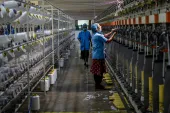

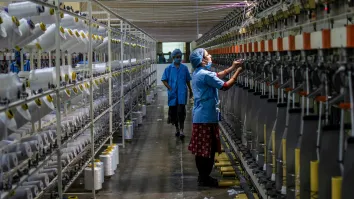
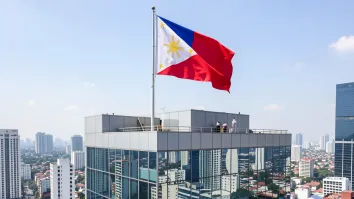



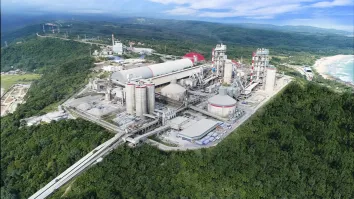


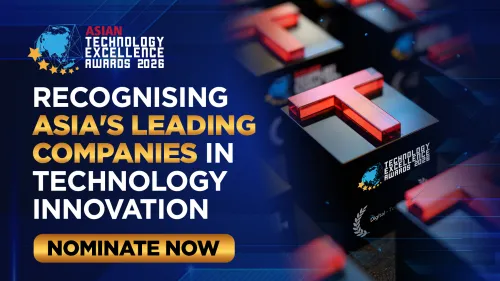
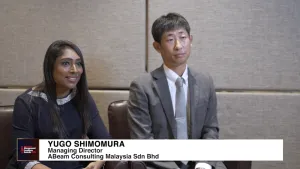
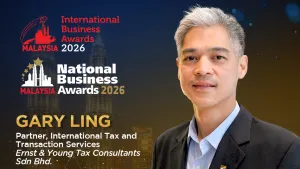
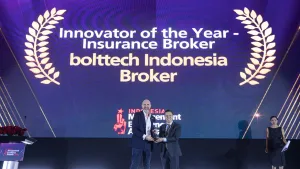


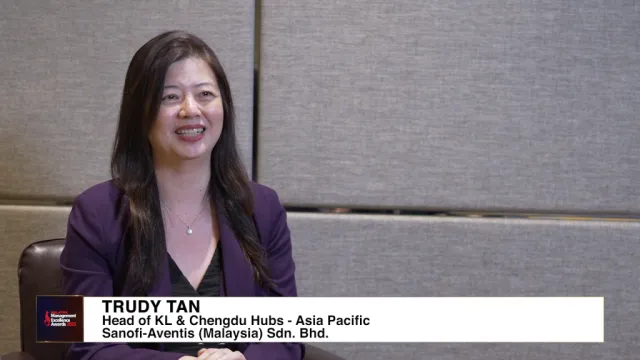


 Advertise
Advertise


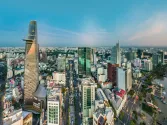
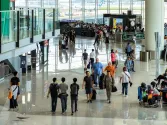

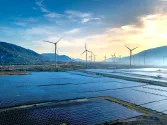


Commentary
Human Sparsity Blockchain: A citizen-validated ledger for digital finance supervision
Breaking the myths around turbomachinery downtime in APAC
APAC’s hidden CX crisis on the frontline